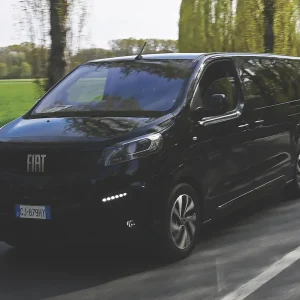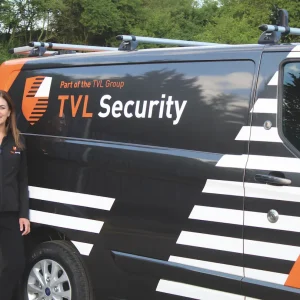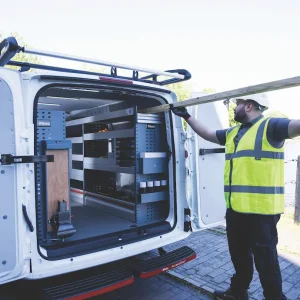You don’t have to be a ‘professional’ driver to be subject to the rules and regulations surrounding commercial vehicle operations on the road, particularly in respect to areas such as safety.
Van drivers, while exempt from the need to hold an O licence (anyone driving a goods vehicle weighing more than 3.5 tonnes is required by law to have what’s known formally as a ‘goods vehicle operator’s licence’) must still comply with minimum operating standards.
While driving may be incidental to the main function of, say, a service engineer, his or her behaviour on the road can harm a business directly, whether that business be a sole-trader or a larger organisation. The same degree of skill and professionalism afforded at the place of work should be adopted when driving to and from the job. The key word here is ‘professionalism’; that same service engineer is a professional in all aspects of the job – including when behind the wheel.
With van drivers at the sharp end of operations a lack of professionalism can impact a business in several ways.
Firstly, a company’s logo and contact details are, in all likelihood, visible on the side of its vehicles, so poor driving, for example, could easily cause an increase in the number of complaints made against that company and lead to a bad press and reputation, and consequently a loss of business.
Or a vehicle’s contents may be damaged through aggressive or thoughtless driving, resulting in compensation claims or potential delays for customers and a possible financial cost to the firm.
Harm can come to the drivers too. For instance, vans are not speed-limited in the same way as trucks, so the risk of speeding is greater. It is essential, therefore, that LCV drivers recognise the importance of staying within speed limits and make the connection between their actions and the potential loss of their licence, their income, and even their own or other people’s lives.
FORS, the Fleet Operator Recognition Scheme, provides van-specific training, guidance and advice for van operations of any size. Importantly, by adopting a best-practice mindset drivers stand to benefit from FORS to the same extent as fleet managers. The organisation’s dedicated FORS Professional programme includes Van Smart training, a fully accredited Driver CPC (Certificate of Professional Competence) course comprising theory and practical modules to help drivers stay professional, regardless of what they do for a living.
Further details and guidance can be found at www.fors-online.org.uk/training
The Standard is produced in association with






